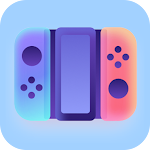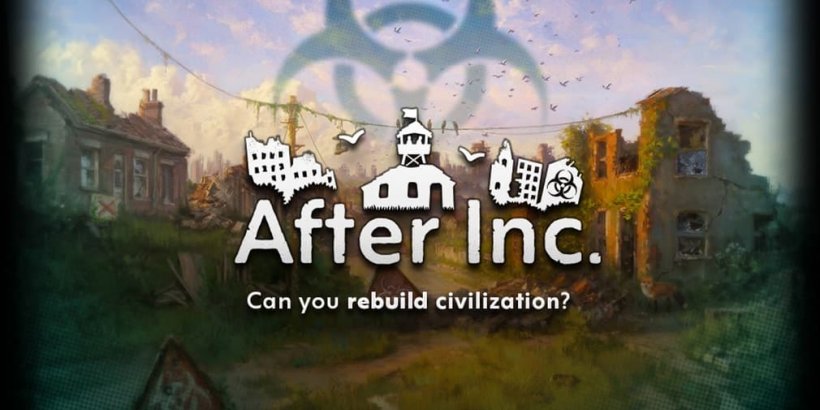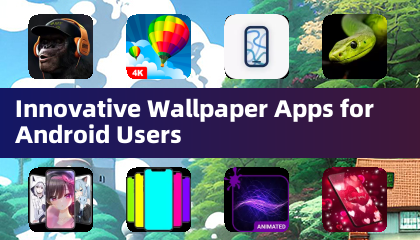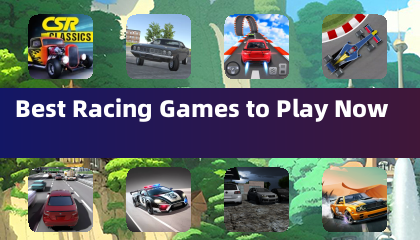Minecraft: Timeless Adventure through the Years
Minecraft: From Humble Beginnings to Global Phenomenon
Minecraft's journey to becoming a globally recognized video game is a compelling narrative of innovation and community growth. Launched in 2009, this sandbox game, the brainchild of Markus "Notch" Persson, quickly transcended its origins to become a cultural icon. This article details the evolution of Minecraft, from its initial conception to its current status as a multifaceted entertainment ecosystem.
Table of Contents
- Initial Concept and First Release
- Building a Dedicated Community
- Official Launch and Global Domination
- A Timeline of Minecraft Versions
Initial Concept and First Release
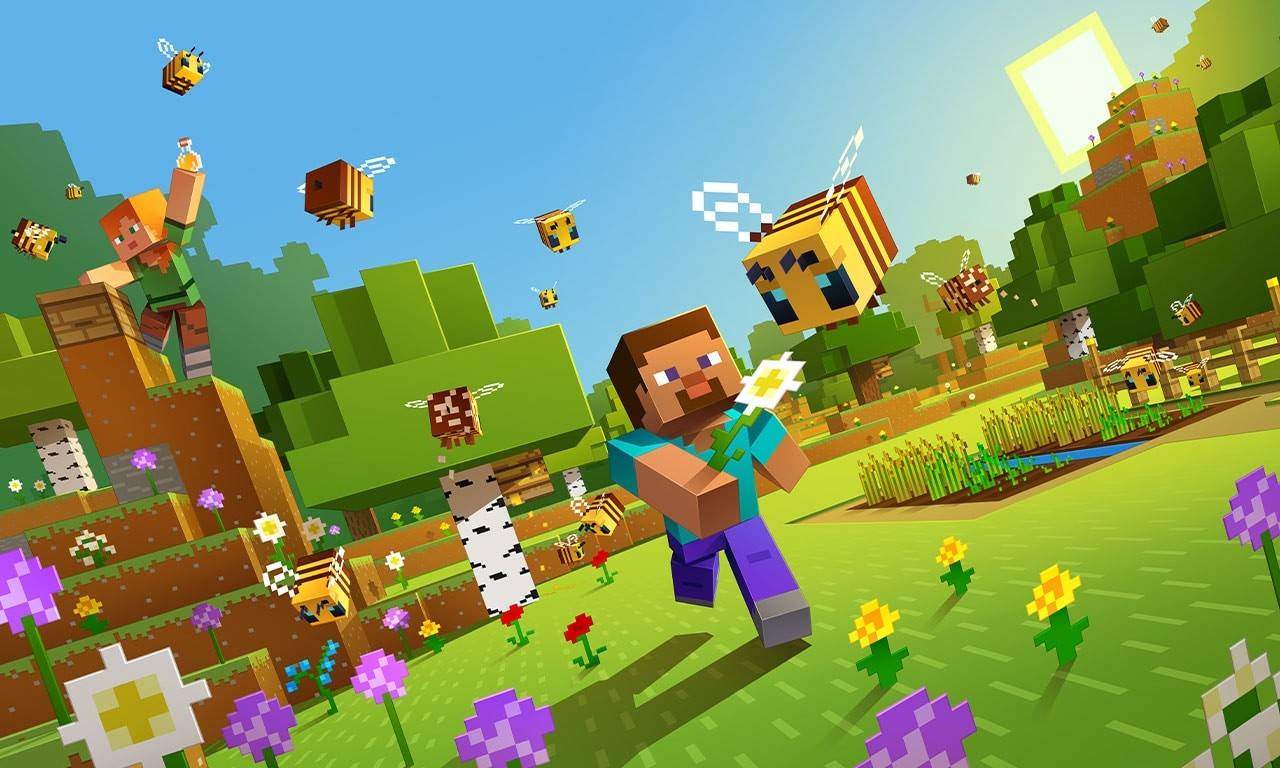 Image: apkpure.cfd
Image: apkpure.cfd
Born in Sweden, Minecraft's genesis lies in the mind of Markus Persson, inspired by titles like Dwarf Fortress, Dungeon Keeper, and Infiniminer. Persson aimed to create a game emphasizing freedom of building and exploration. The initial alpha version debuted on May 17, 2009, a lightweight pixelated sandbox developed during Persson's downtime from his work at King.com. Its simple yet engaging building mechanics immediately captivated players.
Building a Dedicated Community
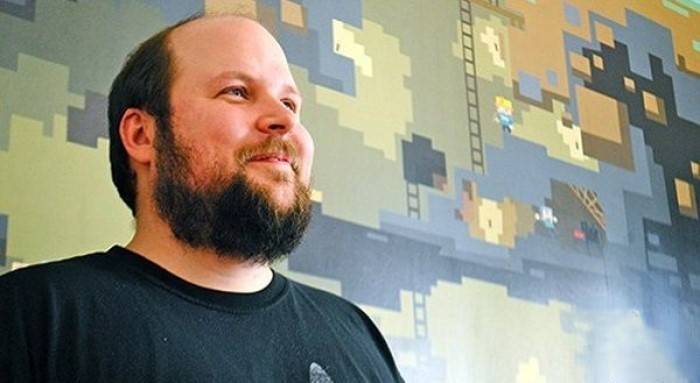 Image: miastogier.pl
Image: miastogier.pl
Word-of-mouth and online buzz propelled Minecraft's rapid ascent in popularity. The beta phase commenced in 2010, leading Persson to establish Mojang Studios to fully dedicate himself to the project's development. Minecraft's unique gameplay, offering boundless creative possibilities, resonated deeply with players. The ability to construct anything from homes to massive cityscapes marked a significant leap in gaming creativity. The introduction of Redstone, a material enabling complex mechanisms, further enhanced the game's appeal.
Official Launch and Global Domination
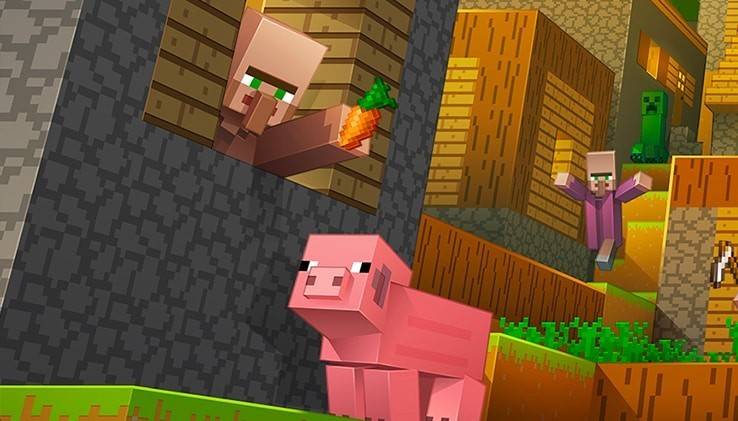 Image: minecraft.net
Image: minecraft.net
Minecraft's official 1.0 release on November 18, 2011, cemented its status as a global phenomenon. Millions of players comprised a vibrant and active community, generating custom modifications, maps, and even educational projects. Mojang's expansion onto consoles like the Xbox 360 and PlayStation 3 in 2012 broadened its reach even further. Minecraft's blend of entertainment and educational potential resonated particularly strongly with younger generations.
A Timeline of Minecraft Versions
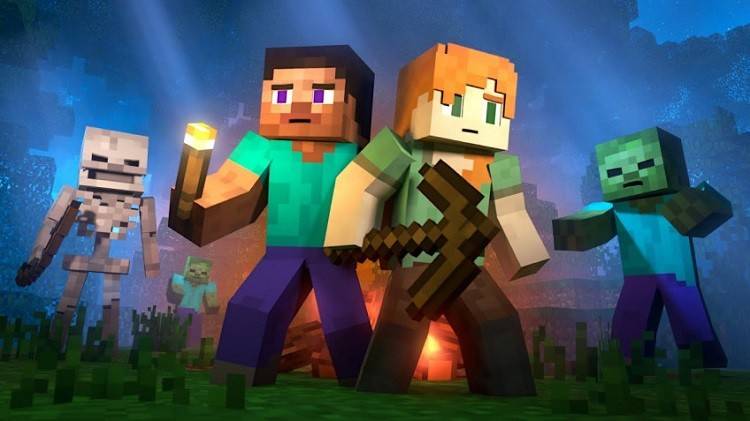 Image: aparat.com
Image: aparat.com
The following table summarizes key Minecraft versions post-launch:
| Version | Description |
|---|---|
| Minecraft Classic | The original free version. |
| Minecraft: Java Edition | Initially lacked cross-platform play; later integrated Bedrock Edition. |
| Minecraft: Bedrock Edition | Enabled cross-platform play across various Bedrock versions; PC version includes Java. |
| Minecraft Mobile | Cross-platform compatible with other Bedrock editions. |
| Minecraft for Chromebook | Chromebook-specific version. |
| Minecraft for Nintendo Switch | Includes the Super Mario Mash-up pack. |
| Minecraft for PlayStation | Cross-platform compatible with other Bedrock editions. |
| Minecraft for Xbox One | Partially Bedrock; no longer receiving updates. |
| Minecraft for Xbox 360 | Support discontinued after the Aquatic Update. |
| Minecraft for PS4 | Partially Bedrock; no longer receiving updates. |
| Minecraft for PS3 | Support discontinued. |
| Minecraft for PlayStation Vita | Support discontinued. |
| Minecraft for Wii U | Featured off-screen play. |
| Minecraft: New Nintendo 3DS Edition | Support discontinued. |
| Minecraft for China | China-exclusive version. |
| Minecraft Education | Educational version used in schools and learning environments. |
| Minecraft: PI Edition | Educational version for Raspberry Pi. |
Minecraft's enduring legacy extends beyond the game itself. It has fostered thriving communities, spawned countless YouTube channels, generated substantial merchandise sales, and even inspired official speed-building competitions. Continuous updates introducing new biomes, characters, and features ensure Minecraft remains a dynamic and engaging experience.
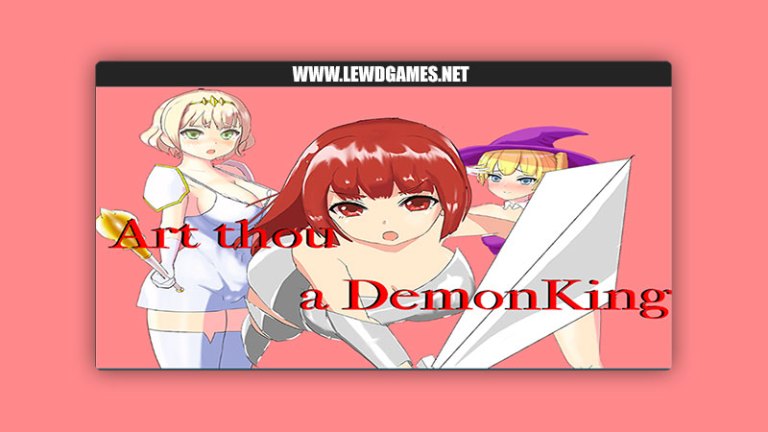
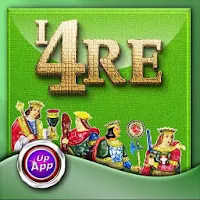

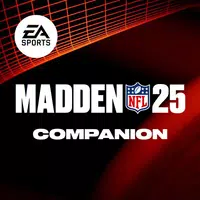
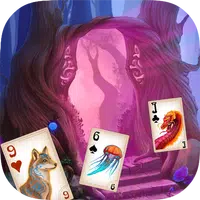


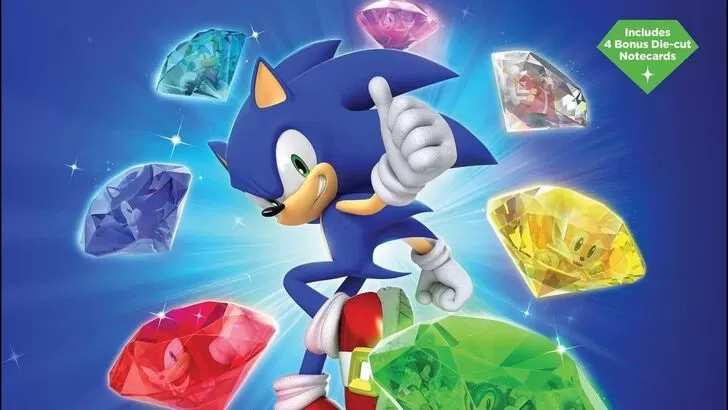


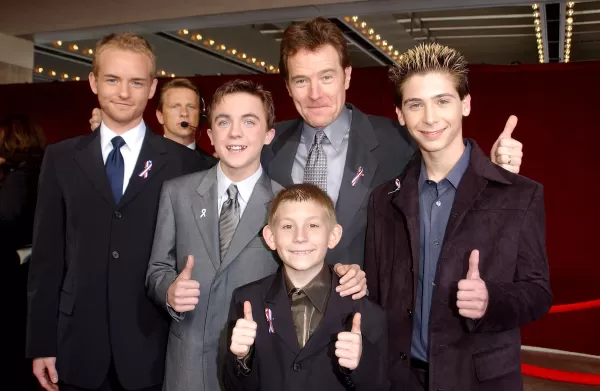
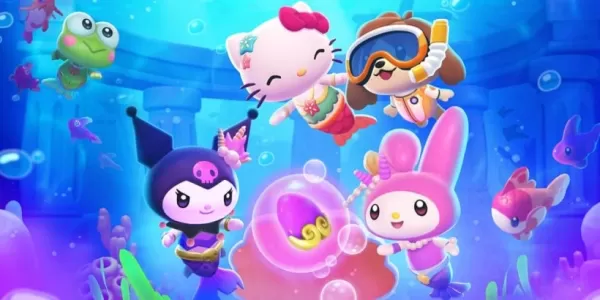
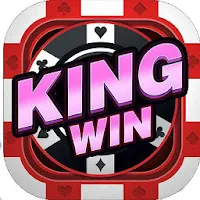


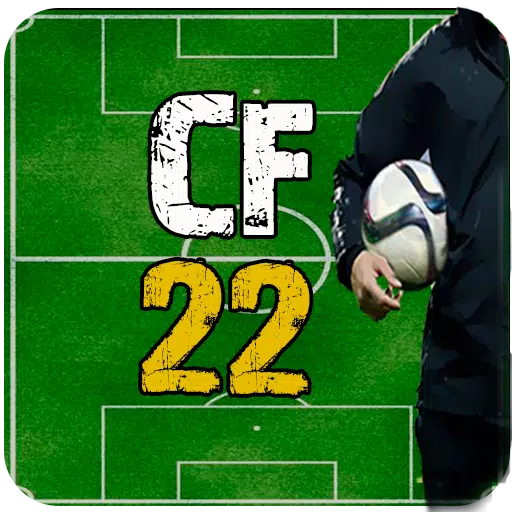
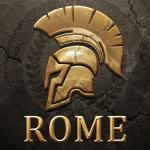
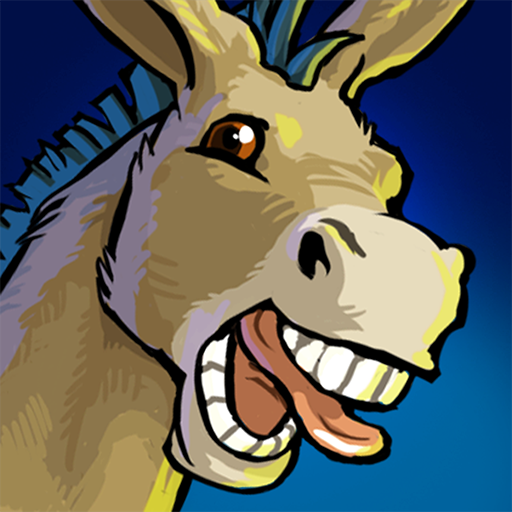
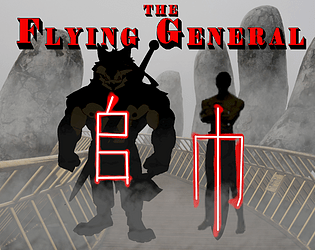

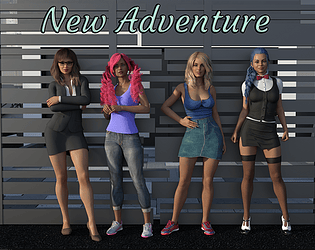
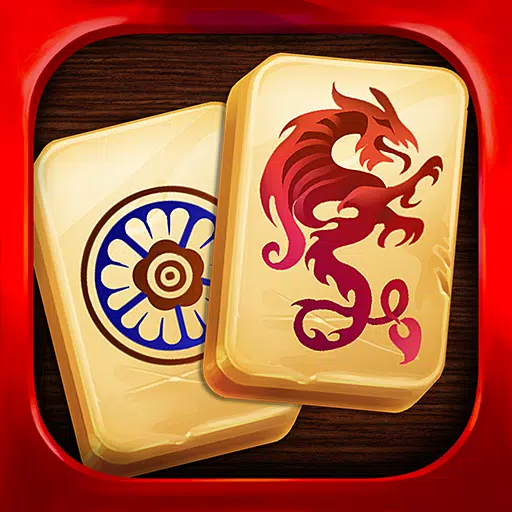
![FurrHouse [Ch. 3]](https://images.dshu.net/uploads/30/1719555089667e54115d59f.jpg)
